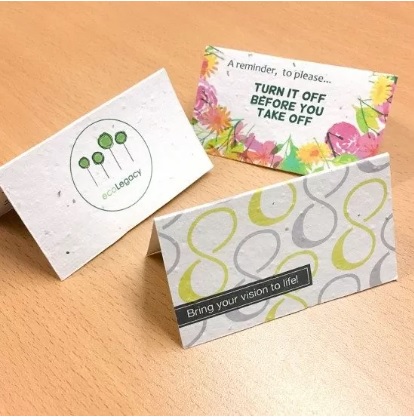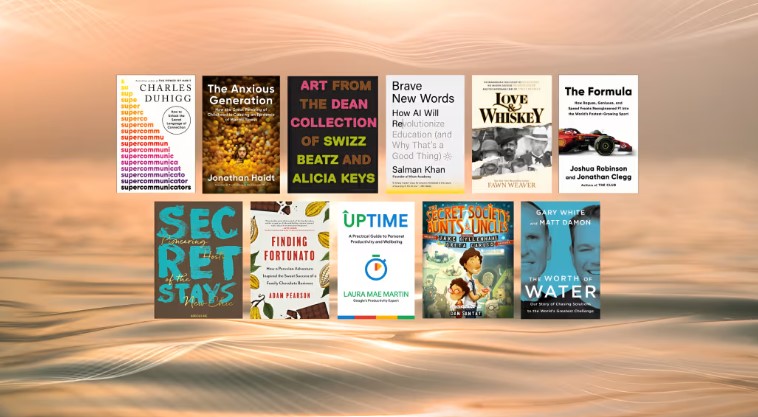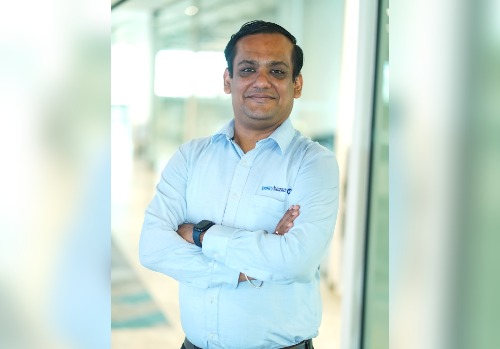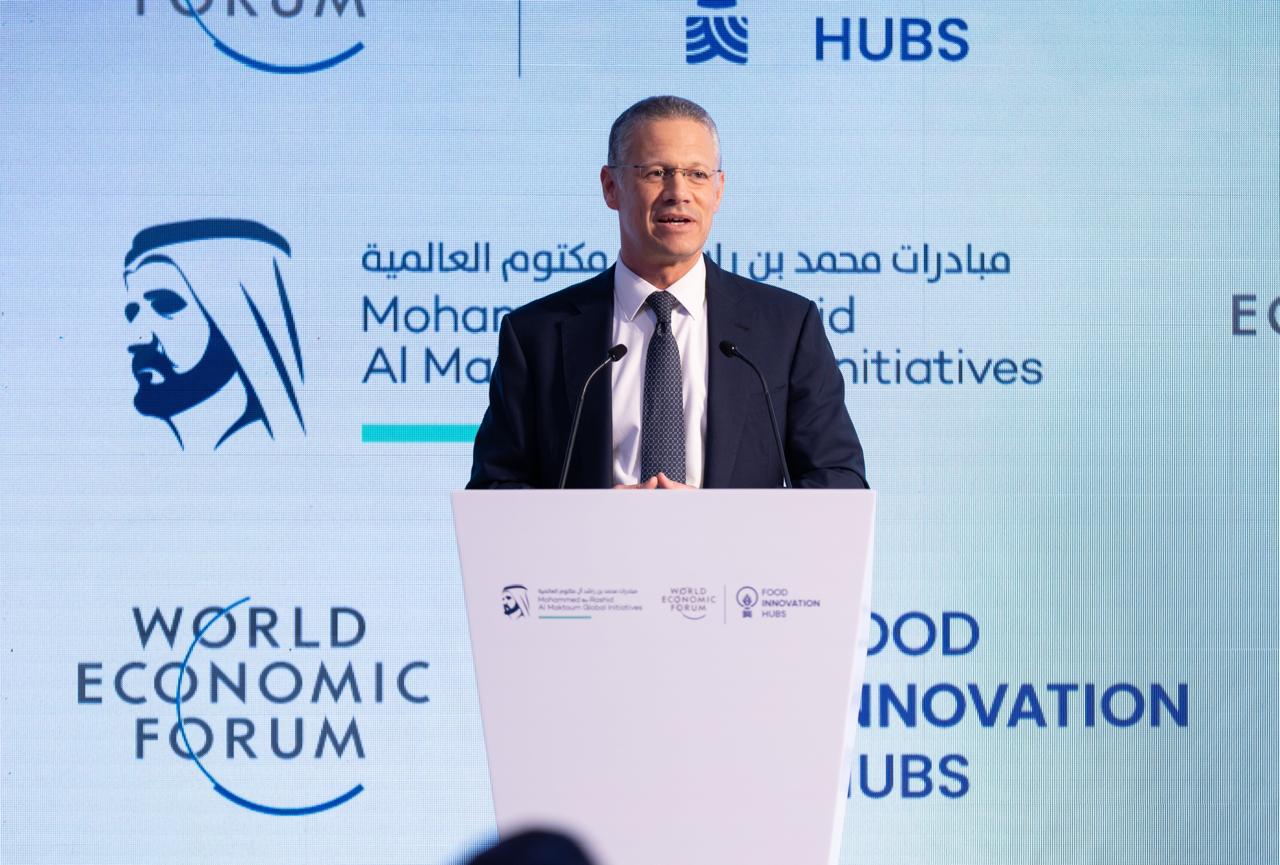10 Applications Of Plantable Paper
Handmade paper infused with plant and wildflower seeds is called seed paper. Plantable seed paper decomposes into the soil when it is buried and watered, allowing the seeds to sprout because it is biodegradable. You can have your friends recycle to Earth by using seed paper to make bookmarks, gift tags, wedding invitations, and greeting cards.
What applications are there for seed paper?
In addition to addressing landfill trash, the plantable seed card makes a thoughtful gift or card. Advertisements, birthday cards, holiday cards, invitations, bookmarks, drink coasters, and business cards can all be made with plantable paper. Reusing and replanting your paper instead of tossing it away will not only help the environment look better, but it will also make a thoughtful gift for a friend or relative. Giving the plantable paper as a present will become a habit. Make sure you include a brief letter on the back with planting instructions and an explanation of the seeds contained in the paper.
Reforestation enhances the soil, wetlands, water quality, and animal habitats. Plantable seed paper can help with this. Another inventive method for improving the environment, cutting waste, and repurposing old goods is to utilize seed paper. By working together, we can transform the way we handle waste paper and add optimism to the things we can plant in our surroundings.
In what sense is plantable seed paper environmentally friendly?
Paper without trees is mostly used to make seed paper. Woodless paper is incredibly environmentally friendly and is created from mulberry, cotton, linen, banana, and corn husks.
The seeds will remain on the paper longer because this paper is chemical-free. Additionally, the handmade paper breaks down in the soil quickly enough for seeds to sprout. Plantable seed paper is therefore sustainable and kind to the environment.
How much does a plantable seed paper cost?
This plantable seed embedded paper may cost a little more than sinful paper, but it is less expensive overall.
What does seed paper serve as?
Paper with seeds embedded in it is called seed paper. This paper will sprout and the seedlings will begin to grow if you place it in the soil and water it. The paper eventually crumbles, enabling the seedlings to grow into fully grown plants.
To what extent does seed paper work?
Plantable seed paper is effective when used with robust seeds like basil and mustard. Tear the seed paper into tiny pieces, insert it into the ground, and give it some water. Seeds ought to sprout in seven to ten days.
Is the seed paper able to be colored?
Yes, indeed! You used red food coloring to dye the seed paper. It is advised to combine the seeds and add three to four drops of food coloring at the same time for coloring. Use varying amounts for light and dark colors.
Are there no trees on our seed sheets?
The seed paper does not have to be seedless. Between 60 and 80 chemicals are commonly found in wood paper, which greatly reduces the possibility of both paper breakdown and seed germination. Since seed paper facilitates the development of seeds into plants, it ought to be made of treeless paper. At BlueCatPaper, this seed paper is entirely devoid of trees.
What is the plantable seed paper’s biodegradability?
The paper has seeds embedded in it and is biodegradable, created from post-consumer waste, and safe for trees. The seeds will sprout and turn into paper compost if you place them in an earthen container. There is no waste—all you receive are flowers, herbs, or veggies.
The following are some typical uses for plantable paper:
1. Invitations and Greeting Cards: Plantable paper can be used to make holiday or personal greeting cards, as well as invites for weddings, birthdays, and other noteworthy occasions. Recipients can plant the paper to grow flowers or herbs after the event or occasion, giving the celebration a distinctive and environmentally friendly touch.
2. Promotional Materials: Plantable paper can be used by businesses to create promotional items including flyers, brochures, and business cards. This not only demonstrates their dedication to sustainability but also offers the recipients an engaging and unique experience.
3. Packaging: Plantable paper can be used to package small items like jewelry, cosmetics, or handcrafted goods in an environmentally responsible manner. Reiterating the brand’s eco-friendly reputation, the packaging can be planted to grow flowers, herbs, or even food instead of being thrown away.
4. Educational Tools: Plantable paper can be incorporated into educational activities to teach students about sustainability, gardening, and the environment. Teachers can use it for hands-on lessons in biology, ecology, or horticulture, allowing students to witness the plant growth process firsthand.
5. Event Favors and Merchandise: Plantable paper goods, like coasters, tags, and bookmarks, can be used as distinctive giveaways or conference, trade show, or fundraising material. These things are available for attendees to take home and plant as a memento of the occasion.
6. Art and Crafts: Plantable paper can be used as a medium by artists and crafters for a variety of artistic endeavors, such as creating handcrafted paper sculptures, journals, and artwork. The paper gives their works a more sustainable touch and can start discussions about environmental preservation.
7. Promotional Giveaways: Plantable paper can be given out as promotional handouts by companies, associations, and governmental groups at events, festivals, or community meetings. This encourages people to practice green living and gardening in addition to raising awareness of environmental issues.
8. Wedding Favors: For wedding favors like seed packets, plantable confetti, or favor tags, couples can utilize plantable paper. In order to symbolize the blossoming of love and commitment exchanged during the wedding celebration, guests can plant these items to grow flowers or plants.
9. Product Inserts: Plantable paper inserts are a useful way for businesses to provide their consumers more for their money and encourage environmentally friendly living. To encourage customers to plant and care for the seeds, these inserts may provide information about the seeds embedded in the paper as well as planting instructions.
10. Campaigns for the environment: Plantable paper can be used by nonprofits and environmental groups to raise awareness or funds for their projects. They can encourage good environmental activity and involve the community in environmental conservation efforts by arranging planting activities or giving plantable paper products.
For other eco-friendly products visit https://www.thegreenecostore.com.








